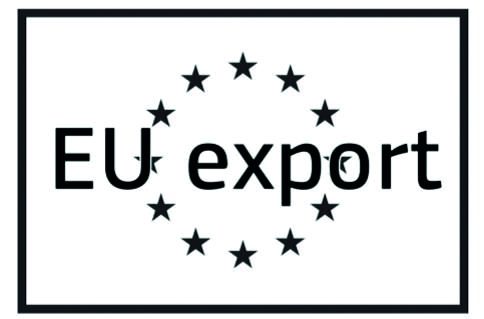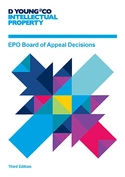EU SPC manufacturing and stockpiling waiver takes effect
The European Union has changed its regulations on supplementary protection certificates (SPCs) for medicines. The change allows medicines which are protected by SPCs in EU countries to be manufactured in the EU for export to non-EU countries where the product is not under patent or SPC protection, and to be manufactured and stockpiled for entry into the EU market the day the SPC expires.
The change in the law come into force in on 01 July 2019 and is good news for the EU generics and biosimilars industry, but concerns have been raised as to how it may work in practice.
SPCs extend the term of patents for medicinal and plant protection products which require regulatory approval before they can be put on the market. SPCs expire 15 years from the date of the first marketing authorization in the EU or EEA, the term being capped at 5 years from the expiry date of the basic patent. The value of SPCs to the innovator pharmaceutical industry is immense, as the term of the SPC is typically when the product achieves its peak sales.
SPCs were introduced in the EU in the early 1990s, and since then many other countries, including the US, Japan, South Korea, Russia and Australia, have adopted similar legislation to provide patent term extension for pharmaceutical products. However, this has not been adopted worldwide: many major countries, including China and India, still do not have any form of patent term extension. Canada introduced SPCs in September 2017, but the term of Canadian SPCs is capped at two years from the expiry date of the basic patent.
The EU considered this difference put EU generics and biosimilars manufacturers at a disadvantage compared with competitors outside the EU, on two grounds.
- SPCs prevent manufacturing the protected product inside the EU, even for export to countries where SPC protection for the product does not exist or has expired.
- SPCs were considered to delay the entry of EU manufacturers into the EU market, as they cannot build up EU production capacity until the SPCs have expired. This makes it more difficult for EU-made generic pharmaceuticals to come onto the EU market the day the SPC expires.
Neither of these restrictions apply to manufacturers located in non-EU countries with no SPCs or expired SPCs. There was concern that this disparity may cause some pharmaceutical manufacturing to relocate outside the EU.
The European Commission has reacted to these concerns by amending the medicines SPC Regulation.
Importantly, the law on eligibility for SPCs and the term of SPC protection will remain unchanged.
However, the waiver exempts from SPC protection acts of making the product for the exclusive purpose of export to third (non-EEA) countries; or any related act that is strictly necessary for that making or for the actual export itself. This part of the waiver applies throughout the duration of the SPC.
The waiver also exempts from SPC protection the act of making the product in an EU member state for the purposes of storing it, in order to market the product after the expiry of the SPC, and any act related to this making and storing. This part of the waiver only applies during the last six months of the term of the SPC.
The change does not affect SPCs for plant protection products, so the manufacturing exemption will not apply to these products.
To ensure that SPC-protected medicines manufactured in the EU for the purposes of export are not diverted back into the EU market, the change in the legislation is accompanied by a series of safeguards to avoid this and ensure transparency.
Companies intending to start manufacturing for export purposes are obliged to give the regulatory authority in the member state of manufacture and the SPC holder at least three months prior notification, and the information contained in that notification will be made public. This information must indicate whether the manufacturing is for the purposes of export, storing, or both. If any of the information provided changes, the manufacturer is required to notify the authority and SPC holder again.
The manufacturer is also required to affix the logo shown below to the packaging of SPC-protected products for export outside the EU. Finally, manufacturers will be required to inform third party contractors that the product is subject to SPC protection and that any marketing inside or re-import into the EU will infringe the SPC.

The waiver took effect on 01 July 2019 and applies to SPCs applied for on or after that date. It also applies, with effect from 02 July 2022, to SPCs filed before 01 July 2019 but which take effect on or after that.
Under the new legislation, the EU Commission must carry out an evaluation of the waiver no later than 01 July 2024 to assess whether it is meeting its objective. Both the innovator and the generic pharmaceutical industry will no doubt make strong representations on this when the Commission carries out this review.


